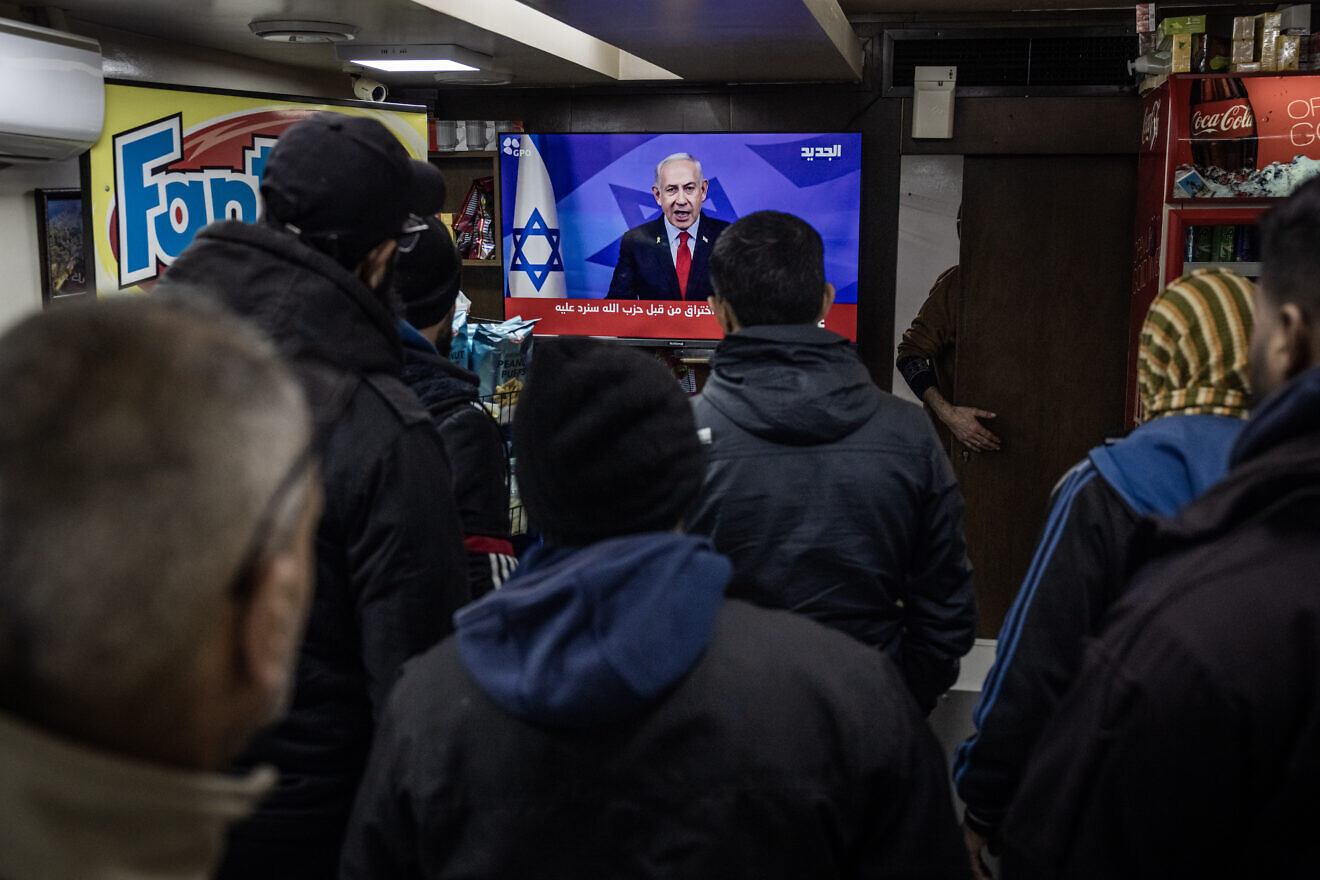As the regulatory agreement between Israel and Lebanon enters into effect, it’s crucial to understand its nature and objectives. While Israel views the agreement primarily through the narrow lens of Israeli-Hezbollah relations, its scope is far broader, encompassing U.S.-European relations. However, what should concern us most are the implications for Lebanon’s internal dynamics—ultimately leading to Saudi Arabia and the United Arab Emirates’ return to Lebanon in a process of state rehabilitation that could lead to peace with Israel.
A wounded Israel, forced to swallow rhetoric of absolute victory, may find it difficult to believe that Lebanon could recover and begin positive processes. Yet this is the intention. Moreover, the correct context is the expansion of the Abraham Accords to include Lebanon. Does this sound far-fetched? Yes. Currently, it seems implausible, and it may well not materialize, as Iran signals it won’t give up its proxies, with Hezbollah as its cornerstone. My sources in the Syrian underground report movements of Iranian missiles into Iraq, seeking an alternative to Hezbollah.
One point of contention between U.S. President Joe Biden and Israeli Prime Minister Benjamin Netanyahu was the Beirut airport. Netanyahu wanted to destroy it, but Biden prevented it, for two reasons: First, Biden wanted to preserve Lebanon as a state entity capable of making agreements, and second, to create an opening for Saudi Arabia and the UAE to return to Lebanon with their development programs, as the eastern gateways were to Syria.
Lebanon’s collapse began when its institutions proved unable to cope with an increasingly powerful Hezbollah. Consequently, the UAE and Saudi Arabia withdrew their funds from Lebanese banks, leading to state bankruptcy.
Biden pressured Netanyahu not to block Saudi Arabia as he had blocked it, the UAE and Egypt when he closed the Rafah crossing. Just as closing Rafah left Qatar and Hamas in control of Gaza, had Netanyahu succeeded in closing Beirut’s airport, Iran would have remained in control of Lebanon, alongside Qatar. Currently, the division of labor between Qatar and Iran involves Iran funding Hezbollah while Qatar funds the Lebanese army, which is predominantly Shi’ite.
Israel has succeeded in undermining Hezbollah within Lebanon’s internal system. Hezbollah’s continued ability to fire missiles and rockets at Israel stems from Iran’s military taking direct command, maintaining Hezbollah’s firing capability by a thread. The Israel Defense Forces had to limit its response capability due to a partial arms embargo and because IDF warehouses weren’t prepared for the intense war that Netanyahu prolonged for his own reasons.
Lebanon’s political system no longer fears Hezbollah, and criticism of the organization—impossible before the pager sabotage and the elimination of Hezbollah leader Hassan Nasrallah—is now heard loudly, even in Shi’ite circles. The next test will be Lebanon’s presidential election, which Hezbollah can no longer prevent. While Hezbollah retains significant power, it’s no longer absolute, and we’ll see how the U.S. entry alongside France into Lebanon’s reconstruction, together with Saudi Arabia and the UAE, will gradually push Iran and Hezbollah out. It will take time and won’t be simple, but once it begins—this is the real move and the true outcome of the regulation.


























